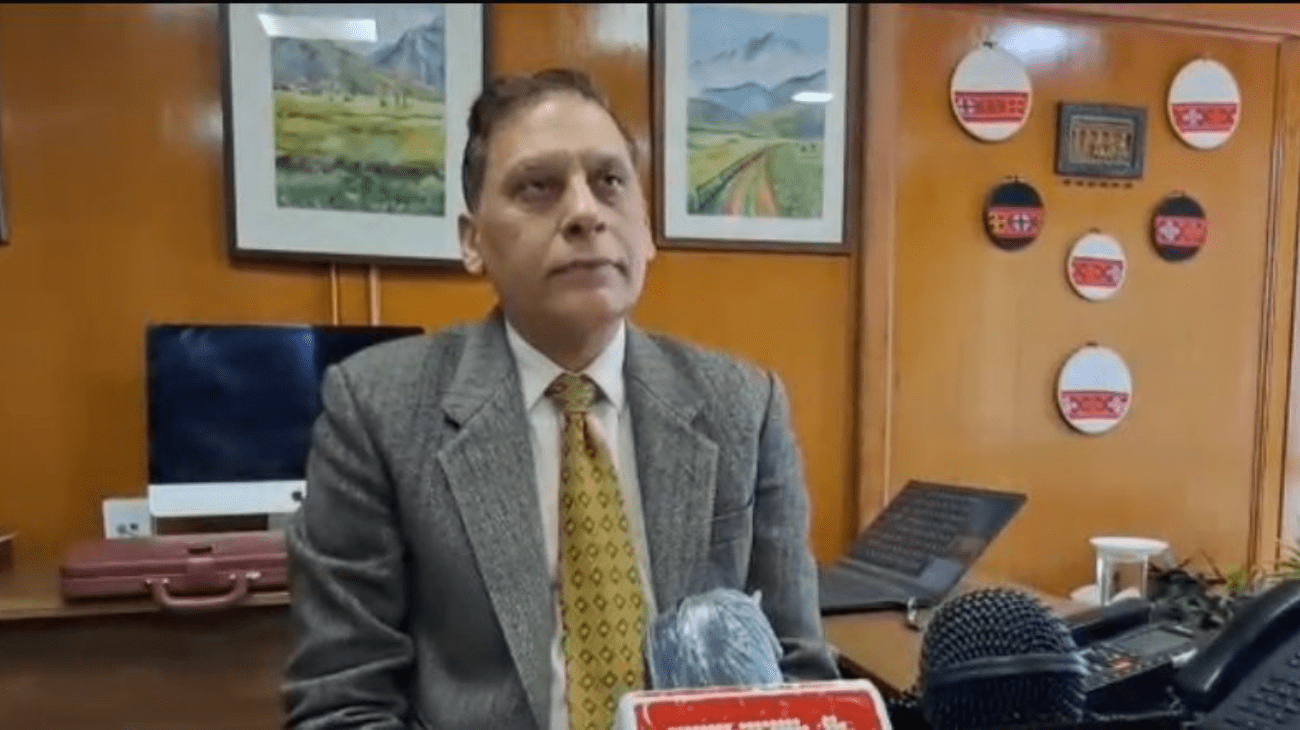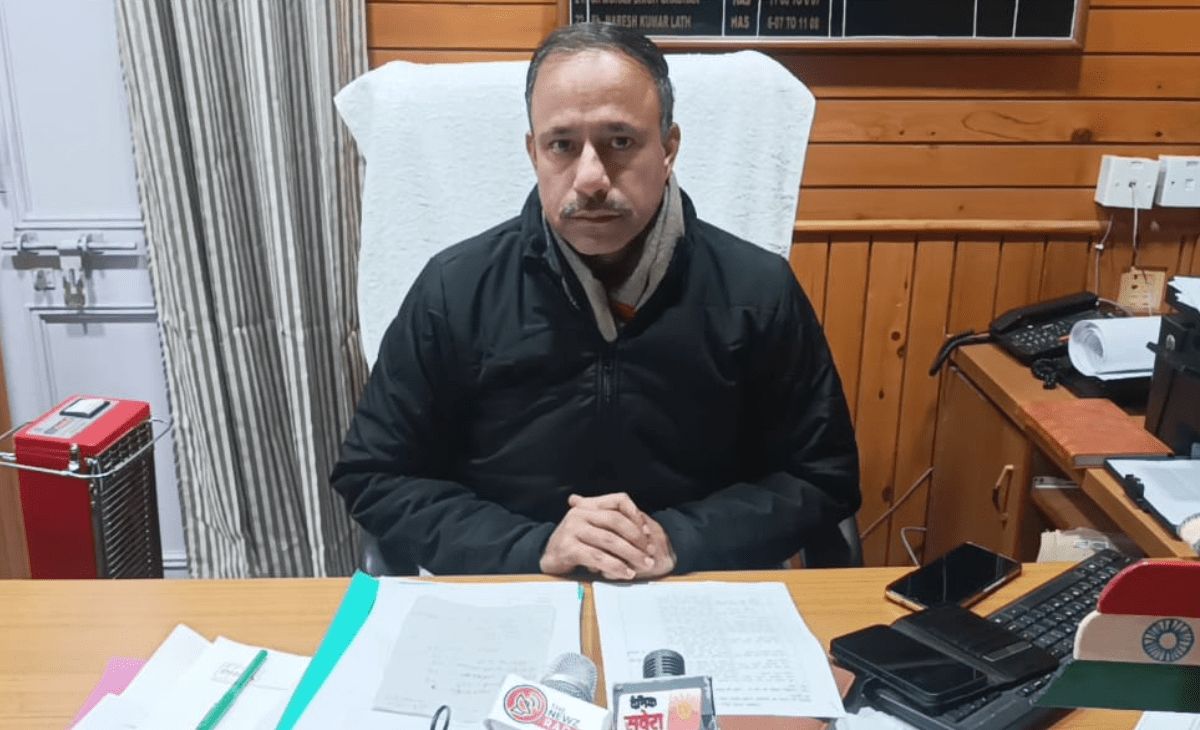SHIMLA: A day after a hoax bomb threat email caused panic at the Mandi Deputy Commissioner’s office, a similar message caused chaos at the Shimla Secretariat, which serves as the headquarters of the Himachal Pradesh government.
Both the Mandi Deputy Commissioner’s office and the Shimla Secretariat received anonymous emails threatening to blow up their premises with bombs, prompting immediate action by the authorities and the deployment of bomb disposal teams.
The bomb threat to the Shimla Secretariat came late at night, hours after a similar alert was issued in Mandi. Acting swiftly, the police and bomb disposal squads conducted overnight searches at the Secretariat but found no suspicious objects.
Despite the lack of physical evidence, search operations are continuing on Thursday (September 17, 2025) as a precautionary measure.
Chief Secretary Prabodh Saxena confirmed the receipt of a threatening email, which stated that the Secretariat would be blown up at 1.30 PM.
“We are taking every necessary precaution, but I want to assure the public that there is no need to panic. Central agencies have been contacted and efforts are underway to trace the origin of the email,” Saxena said.
Pattern emerges across the country
This incident is not isolated. Over the past few weeks, several states have reported similar bomb hoaxes, most of which have so far turned out to be false alarms.
High-profile educational institutions, government offices, and public places in cities like Delhi, Mumbai, Bengaluru and Hyderabad have received threatening emails claiming the presence of explosives.
In each case, the security agencies have responded with seriousness, conducting extensive checks and temporarily evacuating premises.
Although no bombs have been found in any of the locations, the coordinated nature of these threats has raised suspicion of a larger, possibly orchestrated campaign aimed at spreading fear and disrupting public order.
Cyber investigation intensifies
Central intelligence and cybercrime units have now stepped in to track the IP addresses and digital trails behind the emails.
Preliminary investigations suggest that many of these messages may be routed through foreign servers, complicating the task of identification.
“The pattern is strikingly similar across states — anonymous emails, vague threats, and precise timings. It’s too early to say if it’s the work of pranksters, cyber terrorists, or an organised group, but we’re not ruling out any possibilities,” said a senior official from the Ministry of Home Affairs.
Public urged to stay vigilant, not fearful
While no credible explosive threats have been confirmed yet, authorities are treating each alert with utmost seriousness. Officials are urging citizens to remain calm but vigilant, and to report any suspicious activity immediately.
Security analysts say that even false threats can have serious consequences, including disruption of essential services, panic among the public, and wastage of security resources. The government is now contemplating stricter legal action against those found guilty of orchestrating such hoaxes.
Sunil Chadha












